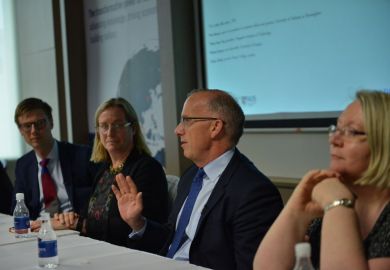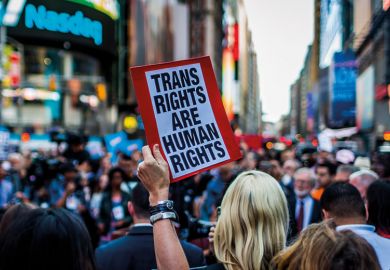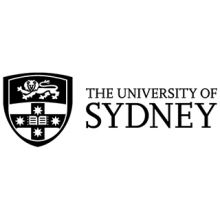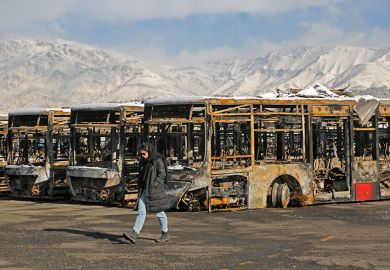Australian National University chancellor Gareth Evans has lodged a passionate defence of free speech on campus, saying that universities should uphold their role as hosts of “unconstrained argument and debate” with “no qualifications whatever”.
And Professor Evans has reiterated claims that academic autonomy concerns, rather than a “coterie” of leftist staff and students, forced ANU to controversially reject funding from a philanthropic group for a new degree in Western civilisation.
Professor Evans, a one-time Labor senator and Australian foreign minister, said that board members at the Ramsay Centre for Western Civilisation – including two erstwhile political opponents, former conservative prime ministers Tony Abbott and John Howard – were responsible for the project’s demise.
In a prepared keynote speech to the University Chancellors’ Council conference in Adelaide, Professor Evans said that Ramsay had betrayed its “manifest lack of trust” in ANU’s commitment to the programme by tabling a memorandum of understanding with “unprecedented” detail.
The speech says that, notwithstanding media commentary to the contrary, the university had not been “intimidated into submission” by campaigners intent on stopping Western culture from being the focus of teaching “in any kind of respectful way”.
“Of course, there are some in our academic community who think that way,” Professor Evans conceded, while adding that they were not “as unremitting in their hostility as some Sydney University staff have been in the press in recent weeks”.
But the speech says that the Ramsay board’s mistrust, and the centre’s consequent attempts to control things, manifested in “alarm bells” that ultimately torpedoed the negotiations.
Professor Evans said that under the proposal, ANU could have reaped A$60 million (£33 million) over eight years. “But no university deserving of the name can yield its independence to the agendas of others – governments, philanthropic foundations or anyone else – when it comes to staffing and curriculum and research priority choices.”
The speech warns the universities of Sydney and Queensland, which are now negotiating with Ramsay, to “look as cautiously as we did at the teeth of this particular gift horse”.
It adds that universities’ “distinctive value” obliges them to defend free speech as well as autonomy. Professor Evans warned that Australian campuses were showing signs of a “disconcerting” US trend where – even on traditionally liberal campuses – students and staff closed down debate to shield people from disagreeable ideas.
Most disconcerting – and sometimes “absurd to the point of indefensibility” – was a drift towards “safe learning environments” where “students can be completely insulated from anything that may assault their sense of what is moral and appropriate”, the speech says.
“Learning to live with uncomfortable ideas, and responding to them appropriately, is part of growing up. How can anyone cope with the world if sheltered from awareness of any views he or she does not already hold?”
Some commentators have hailed the growing militancy on Australian campuses as a welcome return to the activism of the 1960s. But Professor Evans said that students had moved even further from 1960s-style crusading by opposing free speech – unlike the Vietnam War protesters, who had campaigned for it.
He told Times Higher Education that there was no obligation on universities to host firebrand speakers, such as British political commentator Milo Yiannopoulos, if they lacked direct links with university communities. “But if there is a campus sponsor – a student society, a group of academics or whatever – then we have to accept that this comes with the territory.”
He said that advocates of free speech must be prepared to tolerate “robust” exchanges, even when speakers clearly wanted to provoke. “If you only like civil liberties for good guys, you’re not a civil libertarian.”
Register to continue
Why register?
- Registration is free and only takes a moment
- Once registered, you can read 3 articles a month
- Sign up for our newsletter
Subscribe
Or subscribe for unlimited access to:
- Unlimited access to news, views, insights & reviews
- Digital editions
- Digital access to THE’s university and college rankings analysis
Already registered or a current subscriber?














